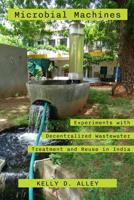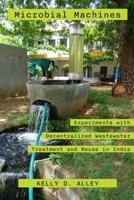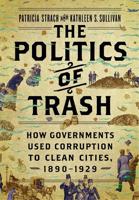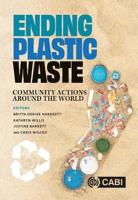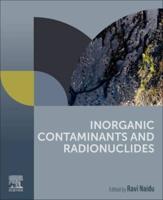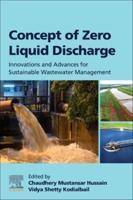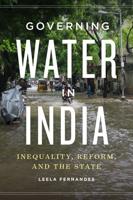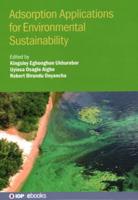Publisher's Synopsis
Climate change, once considered an issue for a distant future, has moved firmly into the present. This National Climate Assessment concludes that the evidence of human-induced climate change continues to strengthen and the impacts are increasing across the country. Americans are noticing changes all around them. Summers are longer and hotter, and extended periods of heat last longer than any living American has ever experienced. Winters are generally shorter and warmer. Rain comes in heavier downpours. People are seeing changes in the length and severity of seasonal allergies, the plant varieties that thrive in their gardens, and the kinds of birds they see in any particular month in their neighborhoods. Other changes are even more dramatic. Residents of some coastal cities see their streets flood more regularly during storms and high tides. Inland cities near large rivers also experience more flooding, especially in the Midwest and Northeast. Insurance rates are rising in some vulnerable locations, and insurance is no longer available in others. Hotter and drier weather and earlier snowmelt mean that wildfires in the West start earlier in the spring, last later into the fall, and burn more acreage. In Arctic Alaska, the summer sea ice that once protected the coasts has receded, and autumn storms now cause more erosion, threatening many communities with relocation. Scientists who study climate change confirm that these observations are consistent with significant changes in Earth's climatic trends. Long-term, independent records from weather stations, satellites, ocean buoys, tide gauges, and many other data sources all confirm that our nation, like the rest of the world, is warming. Many lines of independent evidence demonstrate that the rapid warming of the past half-century is due primarily to human activities. The observed warming and other climatic changes are triggering wide-ranging impacts in every region of our country and throughout our economy. This National Climate Assessment collects, integrates, and assesses observations and research from around the country, helping us to see what is actually happening and understand what it means in our lives, our livelihoods, and our future. This report includes analyses of impacts on seven sectors - human health, water, energy, transportation, agriculture, forests, and ecosystems - and the interactions among sectors at the national level. This report also assesses key impacts on all U.S. Regions as well as the country's coastal areas, oceans, and marine resources. This report documents the changes already observed and those projected for the future. It is important that these findings and response options be shared broadly to inform citizens and communities across our nation. Climate change presents a major challenge for society. This report advances our understanding of that challenge and the need for the American people to prepare for and respond to its far-reaching implications.

